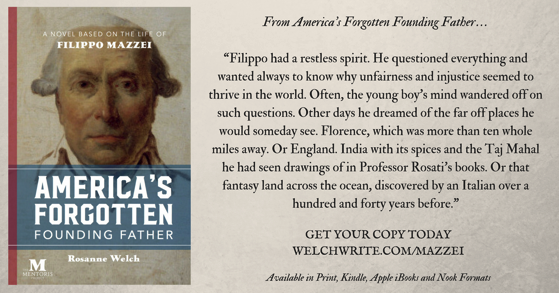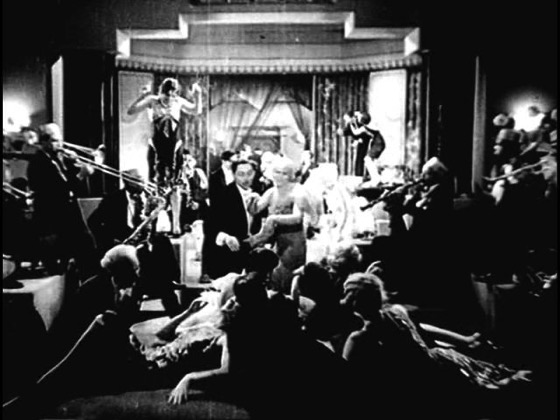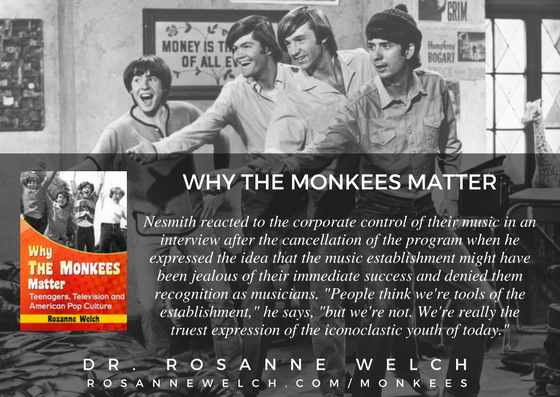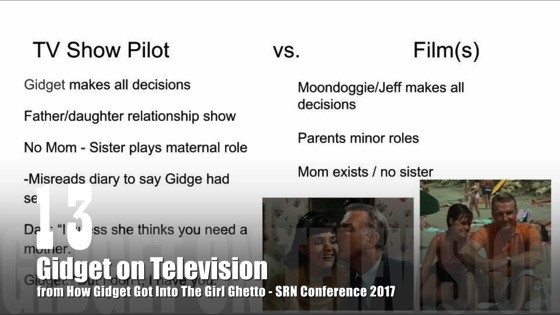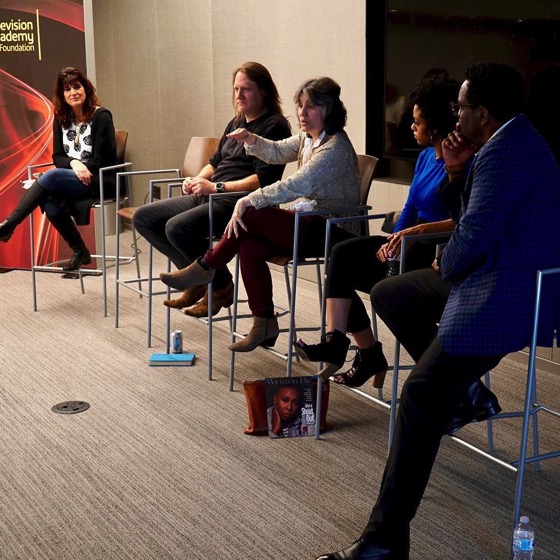Watch this entire presentation
Transcript:
Now we think about the gendered writing that happened. In this case, an episode written by Irma Kalish who is very famous and Auston who was her husband at the time. This whole thing focuses on her having to a write a paper. She’s not doing well until she writes about what she knows, which is surfing and when she does that she actually gets the A she needs in the class. She’s very interested in her grades. She’s not a fluffy, superficial girl. She wants good grades. She wants to go to college. She takes her work seriously and that impressed me. I also think there is a little genre I want to do some studies on eventually — How many movies actually are the story of writers finding their own voice. The Little Women stories are really not about little girls playing in their house in New England. It’s about one woman discovering her voice with the successful telling of her family’s stories. I think there are a million films and stories that end up being about writers finding their voice so, you know, we are writing about what we know all the time.
At this year’s 10th Annual Screenwriting Research Network Conference at Otago University in Dunedin, New Zealand I presented…
“How Gidget Got Into the Girl Ghetto by Accident (and How We Can Get Her Out of it): Demoting Gidget: The Little Girl with Big Ideas from Edgy Coming of Age Novel to Babe on the Beach Genre Film via Choices made in the Adaptation Process.”
It’ a long title, as I joke up front, but covers the process of adapting the true life story of Kathy Kohner (nicknamed ‘Gidget’ by the group of male surfers who she spent the summers with in Malibu in the 1950s) into the film and television series that are better remembered than the novel. The novel had been well-received upon publication, even compared to A Catcher in the Rye, but has mistakenly been relegated to the ‘girl ghetto’ of films. Some of the adaptations turned the focus away from the coming of age story of a young woman who gained respect for her talent at a male craft – surfing – and instead turned the focus far too much on Kathy being boy crazy.
Along the way I found interesting comparisons between how female writers treated the main character while adapting the novel and how male writers treated the character.
Dr. Rosanne Welch
Dr. Rosanne Welch teaches the History of Screenwriting and One-Hour Drama for the Stephens College MFA in Screenwriting.
Writing/producing credits include Beverly Hills 90210, Picket Fences, ABCNEWS: Nightline and Touched by an Angel. In 2016 she published the book Why The Monkees Matter: Teenagers, Television and American Pop; co-edited Women in American History: A Social, Political, and Cultural Encyclopedia; and placed “Transmitting Culture Transnationally Via the Characterization of Parents in Police Procedurals” in the New Review of Film and Television Studies. Essays appear in Torchwood Declassified: Investigating Mainstream Cult Television and Doctor Who and Race: An Anthology. Welch serves as Book Reviews editor for Journal of Screenwriting and on the Editorial Advisory Board for Written By magazine, the magazine of the Writers Guild.
Watch Dr. Welch’s talk “The Importance of Having a Female Voice in the Room” at the 2016 TEDxCPP.
The Screenwriting Research Network is a research group consisting of scholars, reflective practitioners and practice-based researchers interested in research on screenwriting. The aim is to rethink the screenplay in relation to its histories, theories, values and creative practices.
Podcast: Play in new window | Download
Subscribe: RSS




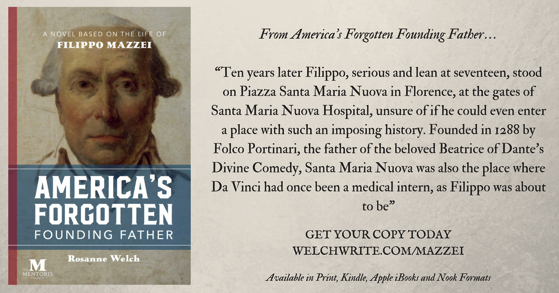
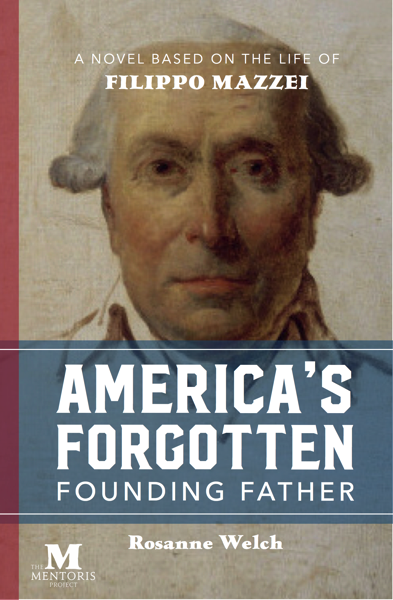
![04 The Importance of Writers to Doctor Who from Gender Diversity in the Who-niverse [Video] (1:04)](https://rosannewelch.com/wp-content/uploads/2018/03/gender-dw-04.jpeg)
